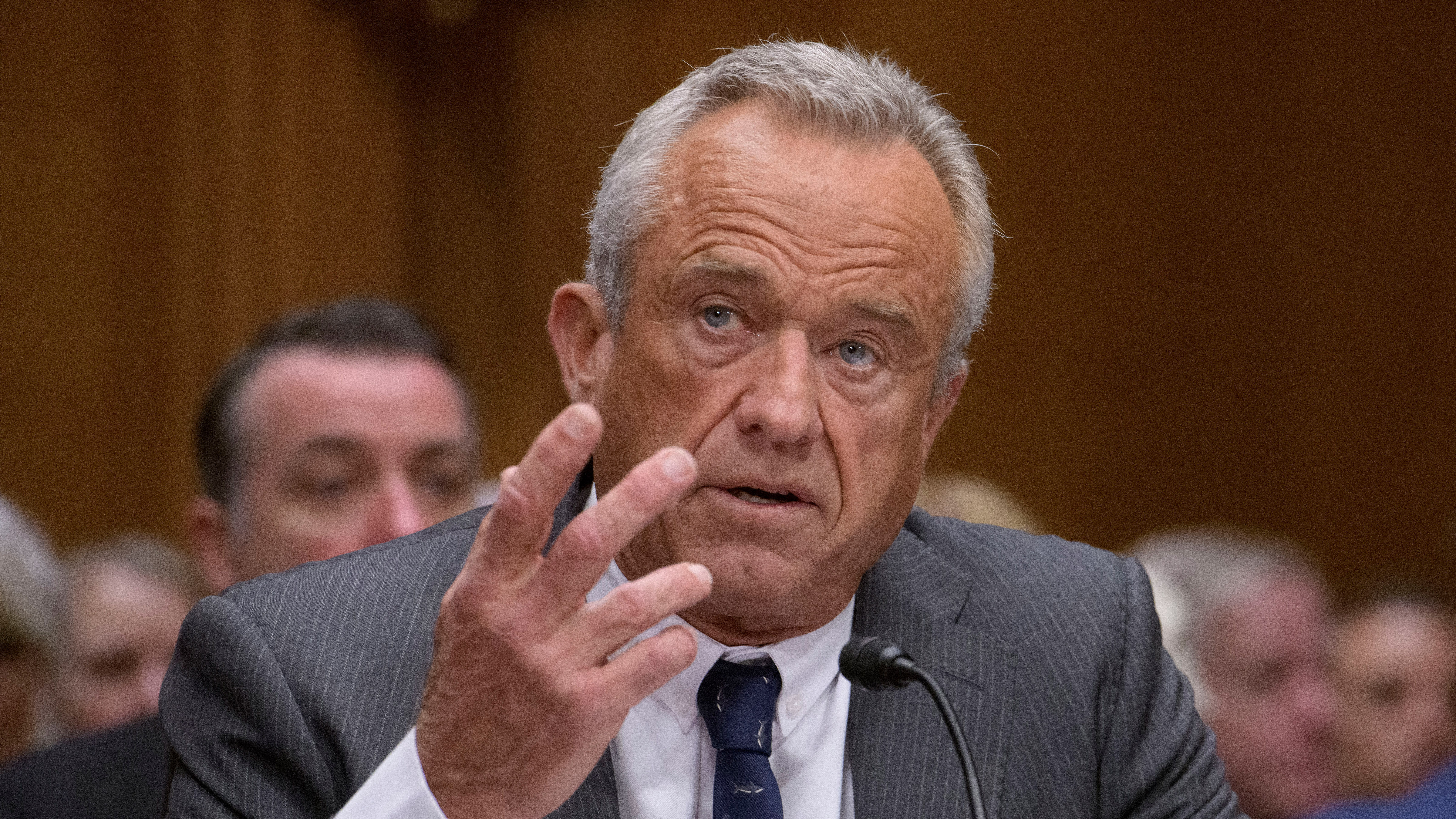Robert F. Kennedy Jr., a vocal vaccine critic, is expected to be confirmed as the nation’s health secretary, overseeing a $1.7 trillion budget and signaling potential shifts in U.S. health policy. Despite skepticism from some Republicans and Democrats, Kennedy’s appointment comes amid a broader government shakeup affecting public health funding.
Senate to vote on vaccine skeptic Robert F. Kennedy Jr.’s bid to become nation’s health secretary

Key Takeaways:
- Kennedy Expected to Be Confirmed as Health Secretary
- Oversight of a $1.7 Trillion Health Budget
- Mixed Reactions from Republicans and Democrats
- Financial Ties to Vaccine Lawsuits
- Impact of Elon Musk’s Government Shakeup
Senate Poised to Confirm Kennedy
The Senate is expected to vote Thursday on the confirmation of Robert F. Kennedy Jr., a prominent lawyer and vocal vaccine critic, as the nation’s health secretary. The role encompasses control over a staggering $1.7 trillion in spending for vaccines, food safety, and health insurance programs that serve roughly half the U.S. population.
A Controversial Figure with a Famous Name
Kennedy, 71, has been in the national spotlight since childhood, owing to his renowned family and their enduring legacy. Over the years, he has garnered a formidable following with his populist—and sometimes extreme—views on food, chemicals, and vaccines. His influence expanded during the COVID-19 pandemic when he dedicated much of his time to a nonprofit organization that sued vaccine manufacturers and orchestrated social media campaigns aimed at eroding public trust in vaccines and the government agencies that promote them.
Support Amid Skepticism
With backing from Republican President Donald Trump, Kennedy believes he is uniquely positioned to restore faith in public health agencies, including the Food and Drug Administration (FDA), the Centers for Disease Control and Prevention (CDC), and the National Institutes of Health (NIH). Republican senators have largely embraced Kennedy’s vision, echoing his slogan to “Make America Healthy Again” in their speeches.
Last week, North Carolina GOP Sen. Thom Tillis expressed his support, stating he hopes Kennedy “goes wild” on reining in health care costs and improving Americans’ health. However, not all Republicans are convinced. GOP Sen. Bill Cassidy of Louisiana, a medical doctor, required assurances that Kennedy would not alter existing vaccine recommendations before agreeing to back his nomination.
Democratic Concerns and Ethical Questions
Democrats have remained skeptical, attempting unsuccessfully to prompt Kennedy to disavow the long-discredited theory linking vaccines to autism. Some have raised alarms about Kennedy potentially benefiting financially from changes to vaccine guidelines or weakening federal protections against vaccine manufacturers.
Kennedy earned more than $850,000 last year through an arrangement referring clients to a law firm that has sued the makers of Gardasil, a human papillomavirus vaccine designed to prevent cervical cancer. In response to ethical concerns, he has promised to reroute any fees collected from this arrangement to his son while serving as health secretary.
Amid a Government Shakeup
Kennedy is set to assume leadership of the health department during a massive federal government shakeup led by billionaire Elon Musk. This upheaval has temporarily halted billions of dollars in taxpayer-funded public health initiatives and left thousands of federal employees uncertain about their future roles.
On Friday, the NIH announced plans to cap billions of dollars in medical research funding allocated to universities for developing treatments for diseases like cancer and Alzheimer’s. Kennedy has called for a staffing overhaul at key health agencies, including the NIH, FDA, and CDC. Last year, he vowed to fire 600 employees at the NIH, the nation’s largest funder of biomedical research.
Looking Ahead
As Kennedy’s confirmation appears imminent, questions loom about the future direction of U.S. health policy. His appointment could signal significant changes within federal health agencies and alter the landscape of public health funding and vaccine advocacy. The potential impacts of his leadership on public trust and the effectiveness of health initiatives remain to be seen.











